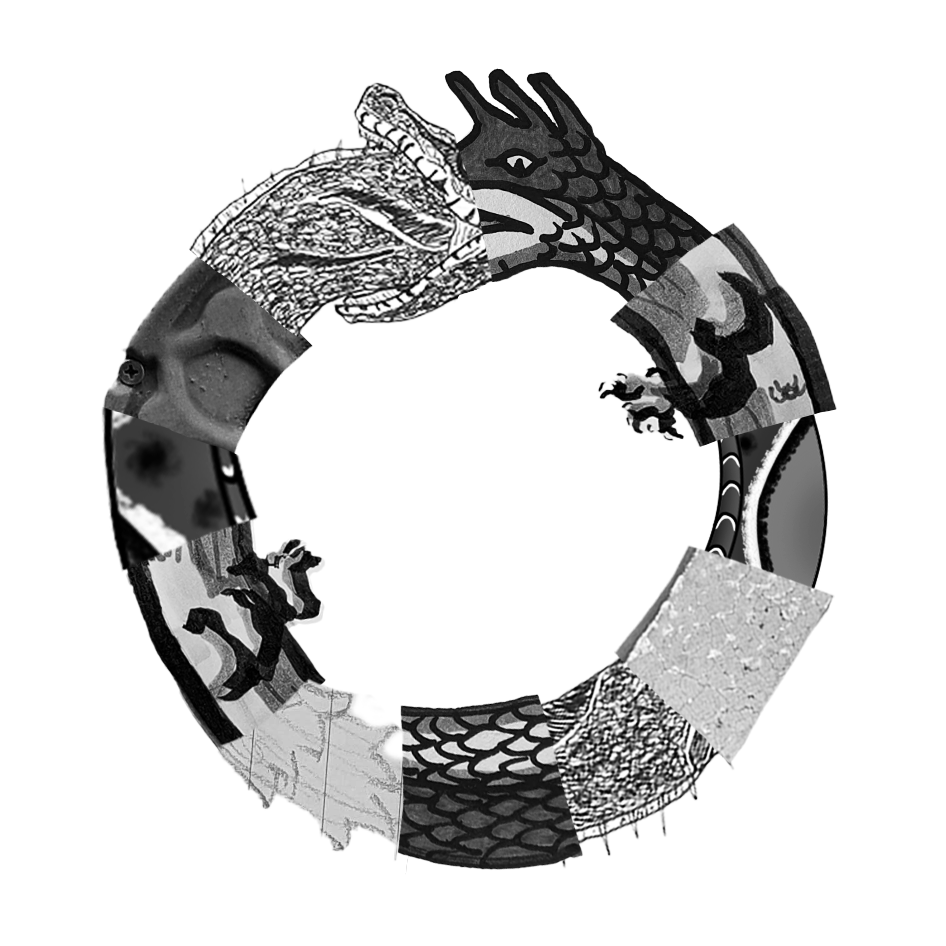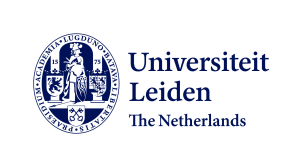The Authenticity Ouroboros
Important update: Deadline Extensions 17th of October

Authenticity has “breached containment” in the digital world, with new authentic content being generated and distributed continuously, by human and machine. Whether in (re)posts, replies, or reproductions of video, audio, games, and art, “authenticity” holds value and recognition. At the same time, the definition of authenticity is not fixed and seems in constant development, being adjusted and reformulated in academic and public discourses alike. Our hope is to contribute a foothold for this flux state by positioning authenticity as a participatory apparatus, in which all of us play a role in the modification, legitimization, and perpetuation of authentic content. We are especially interested in how the “everything is content” age impacts the value of authenticity, and how this is taking shape in and around (video) games.
In this workshop (22-23 January 2026), we want to engage with authenticity as it has appeared and re-appeared in games and media discourse over the years. From Benjamin’s influential work on authenticity as it relates to reproducibility and mass production (1935), to Hall’s emphasis on the cultural, social and historical forces that shape representations (1980), to Jenkins’ exploration of authenticity in context of participatory culture and transmedia storytelling (2003). Recent interventions on this theme have explored player experience, from questions of immersion and flow to genre conventions. The term has also long held weight in historical game design discourse, alongside adjacent topics of fidelity, “realism” (or the lack thereof), and representation (Chapman 2016). Underscoring these lines of inquiry is the ongoing boom in content supported by platformization: playthroughs, reactions, compilation videos, commentary, and audience participation, all of which have changed the videogame landscape from development to reception. This workshop wants to bring together experts in the fields of games and digital media to further discuss associated questions of; How can we understand authenticity? What role does authenticity play in our (online) world? Who gets to be represented in authenticity and who is not? Whose (hi)stories are practices of design and play authentic to? Who “owns” authenticity?
The topics of interest include, but are not limited to, authenticity in/and/of:
- Historical video games
- Gameplay experience: immersion, agency, embodiment
- Fan communities & Discourse
- Content creators and the parasocial
- Game development practices
- Content generation and AI
- Digital media platforms
We also welcome flash presentations (10 minutes) from undergraduate and graduate students at Leiden University and beyond. Submissions should be in the form of a title and 150-200 word abstract on your proposed contribution, and can be submitted through this form. The deadline for submissions is 23:59 on October 17th. Notifications of acceptance will be sent out in October.
Ouroboros illustration by Arik Santee and Keerthi Sridharan.


